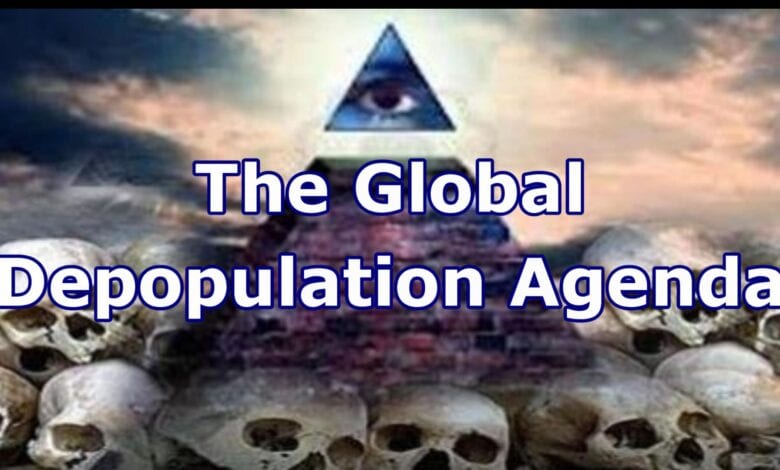


Yet Alabama has passed a law meant to outlaw any effects of the plan.

It is a feel-good guide that cannot force anyone, anywhere, to do anything at all. It is not even a top-down recommendation, seeking instead to encourage communities around the world to come up with their own solutions to overpopulation, pollution, poverty and resource depletion. It has no force of law, no enforcement mechanisms, no penalties, and no significant funding. It will “make our nation a vassal” of the UN, result in “the destruction of our lives,” force rural areas’ “population decimated,” and lead to having “90% of the population murdered.” The end, these critics all agree, will be the imposition of “a collectivist world government.”Īgenda 21 is not a treaty. To listen to such groups, Agenda 21 will lead to a “new Dark Ages of pain and misery yet unknown to mankind.” It is “a comprehensive plan of utopian environmentalism, social engineering, and global political control,” the “most dangerous threat to America’s sovereignty” yet. The Birch Society and an array of other radical-right groups see Agenda 21 and virtually all other global efforts as part of a nefarious plan on the part of global elites to form a socialistic one-world government, or “New World Order.” The demonization of Agenda 21 began among extremist groups like the John Birch Society, the same outfit that was effectively ejected from the conservative movement after accusing President Dwight D. And it isn’t only extremists pushing this conspiracy theory - in January 2012, the Republican National Committee bought into the propaganda, denouncing Agenda 21 in a resolution as a “destructive and insidious scheme” that is meant to impose a “socialist/communist redistribution of wealth.” At the time, it was seen as a perfectly sensible planning paper, a nonbinding statement of intent aimed at dealing with sustainability on an increasingly crowded planet.īut in the 22 years since that day, at the hands of groups like the John Birch Society, Agenda 21 has been transformed in much of the American public mind into a secret plot to impose a totalitarian world government, a nefarious effort to crush freedom in the name of environmentalism. Bush and the leaders of 177 other nations signed a document known as Agenda 21. This latest version, dated January 2019, includes the global indicators.At the conclusion of the June 3-14, 1992, United Nations Conference on Environment & Development in Rio de Janeiro, Brazil, President George H.W. At once far-sighted and ambitious, its implementation will require the engagement of all sectors of society and of the State.Īccordingly, the representatives of governments, civil society, academic institutions and the private sector are invited to take ownership of this ambitious agenda, to discuss and embrace it as a tool for the creation of inclusive, fair societies that serve the citizens of today as well as future generations. The 2030 Agenda is a civilizing agenda that places dignity and equality at the centre. With their long-term approach, they offer support for each country on its path towards sustained, inclusive and environmentally friendly development, through the formulation of public policies and budget, monitoring and evaluation instruments. The SDGs also represent a planning tool for the countries at the national and local levels. The 17 Sustainable Development Goals (SDGs) associated with the Agenda help the region’s countries to gauge the starting point from which they set out towards this new, collective vision of sustainable development set forth in the 2030 Agenda and to analyse and craft the means of its implementation. This new road map presents a historic opportunity for Latin America and the Caribbean, since it addresses some of the region’s most urgent priorities, such as reducing inequality in all its dimensions, promoting inclusive economic growth with decent work for all, creating sustainable cities and addressing climate change. The 2030 Agenda for Sustainable Development, adopted by the 193 Member States of the United Nations at the General Assembly in September 2015, outlines a transformative vision for economic, social and environmental development and will guide the work of the Organization towards this vision for the next 15 years.


 0 kommentar(er)
0 kommentar(er)
